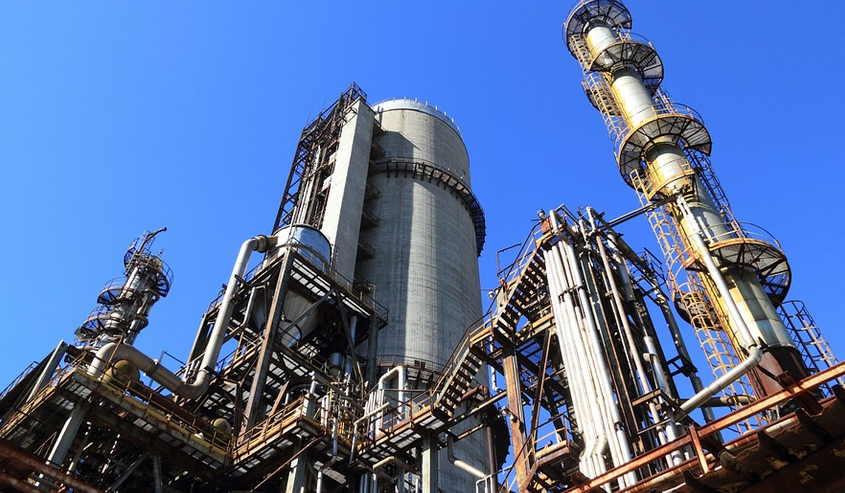Introduction
The oil and gas industry is one of the most critical sectors in the world. It provides energy for transportation, heating, and electricity generation. However, the process of extraction, production, and transportation is not without its challenges. One of the major issues is the corrosion and fouling of pipelines and equipment. This is where the chemical injection system comes in.
What is a Chemical Injection System?
A chemical injection system is a vital component in the oil and gas industry. It is used to inject chemicals into pipelines and equipment to reduce corrosion and fouling. The system consists of various components, including injection pumps, chemical storage tanks, valves, and monitoring equipment.
How Does it Work?
The chemical injection system operates by injecting a specific chemical into the pipeline or equipment. The chemical is selected based on the type of corrosion or fouling that is present. The injection pump is used to control the flow rate of the chemical into the pipeline.
The Benefits of Chemical Injection Systems
Using a chemical injection system offers several benefits, including:
1. Protection Against Corrosion
Corrosion can lead to leaks, equipment failure, and environmental hazards. A chemical injection system can reduce corrosion and extend the life of equipment.
2. Improved Efficiency
Fouling can reduce the efficiency of pipelines and equipment. The use of chemicals can reduce fouling, resulting in improved efficiency.
3. Cost-Effective
The cost of repairing or replacing corroded equipment can be significant. The use of a chemical injection system is a cost-effective way to prevent corrosion and fouling.
Types of Chemicals Used
There are various chemicals used in a chemical injection system, including:
1. Corrosion Inhibitors
Corrosion inhibitors are used to prevent or reduce the rate of corrosion. They work by forming a protective layer on the surface of the equipment.
2. Scale Inhibitors
Scale inhibitors are used to prevent the buildup of scale in pipelines and equipment. They work by preventing the formation of scale crystals.
3. Biocides
Biocides are used to control bacteria and other microorganisms in the pipeline. They prevent the growth of bacteria, which can lead to corrosion and fouling.
Conclusion
In conclusion, the chemical injection system is a vital component in the oil and gas industry. It helps to prevent corrosion and fouling, which can lead to equipment failure and environmental hazards. The use of chemicals is a cost-effective way to protect pipelines and equipment and improve efficiency. As the industry continues to grow, the use of chemical injection systems will become even more critical.

